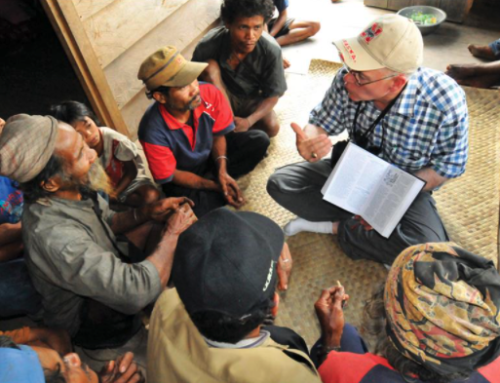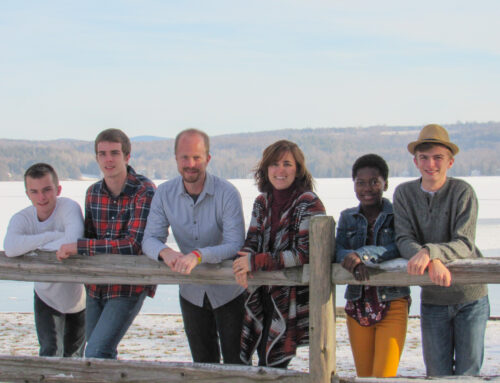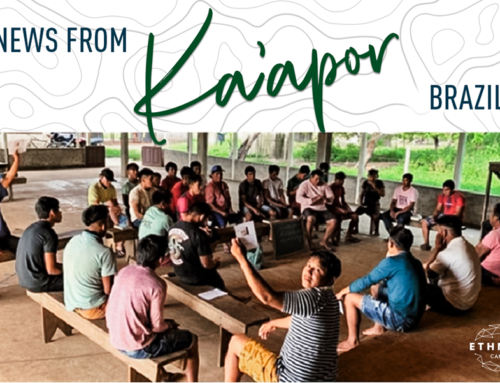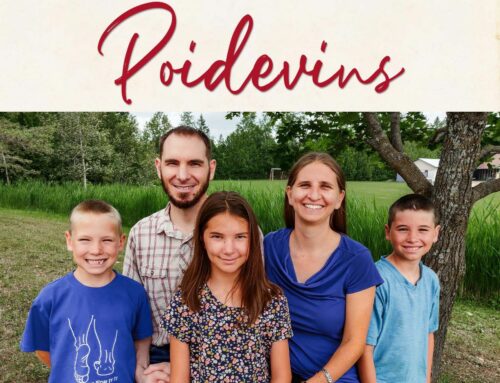Kevin Case is finding Bible translation difficult because he’s having a tough time finding enough Northern Tepehuans who can make time to work through the translation with him.
On a trip to a Northern Tepehuan village last month, Kevin was supposed to work with Marcelo, but Marcelo was unable to work with him. “Kevin pursued the help of several other guys, but no one else was able to commit the time needed,” wrote Wendy, Kevin’s wife.
The help of native speakers of Tepehuan is vital to producing a clear, quality translation of God’s Word. And Bible translators need many people to help, Wendy wrote.
The process starts with Kevin drafting a translation. It’s not that Bible translators are trying to create simply a draft. They’re trying even at that point to create the best possible translation they can. Wendy explains that this is “a best attempt to put the text into the Tepehuan language.”
Kevin is drafting Hebrews. He has drafted Philemon and it is ready for the next step, which is referred to as “transfer.” That’s when a Bible translator works through the passage with a native speaker in order to make the wording more natural.
Kevin is almost through that process with the translation of Colossians, and then he’ll be ready – if he can find Northern Tepehuans with time – for recording. Bible translators record as they read the book, section by section, and a native speaker then speaks the passage back.
“This is to gain a natural flow of the language,” Wendy wrote.
Comprehension checking comes next. In three different sessions, each with a different Tepehuan, Kevin goes through the translation to see whether it clearly communicates. Kevin has completed two such sessions for Philippians.
He’s already completed a back-to-English translation of Luke, the next step in the translation process. Looking at the Northern Tepehuan verses translated to English, a missionary with experience and training in Bible translation can determine whether the translation conveys all the important information that is in the original text, and whether any passages need further clarification.
After a Bible translator has dealt with all of those issues, an experienced translator then provides a final check and the book is ready to be formatted for printing.
“As you can see,” Wendy wrote, “it is Tepehuan-speaker-based and each stage needs to be done with a different Tepehuan speaker.”
“We need more Tepehuan speakers (preferably believers) who can help on a regular basis to keep moving forward,” Wendy added. It would be especially helpful if Kevin can find more Northern Tepehuans in Chihuahua, where Kevin and Wendy live.
“Pray that God will mobilize Tepehuan believers to see how they can be a part of seeing God’s Word in their own language and give them a desire to be involved personally,” Wendy wrote.






